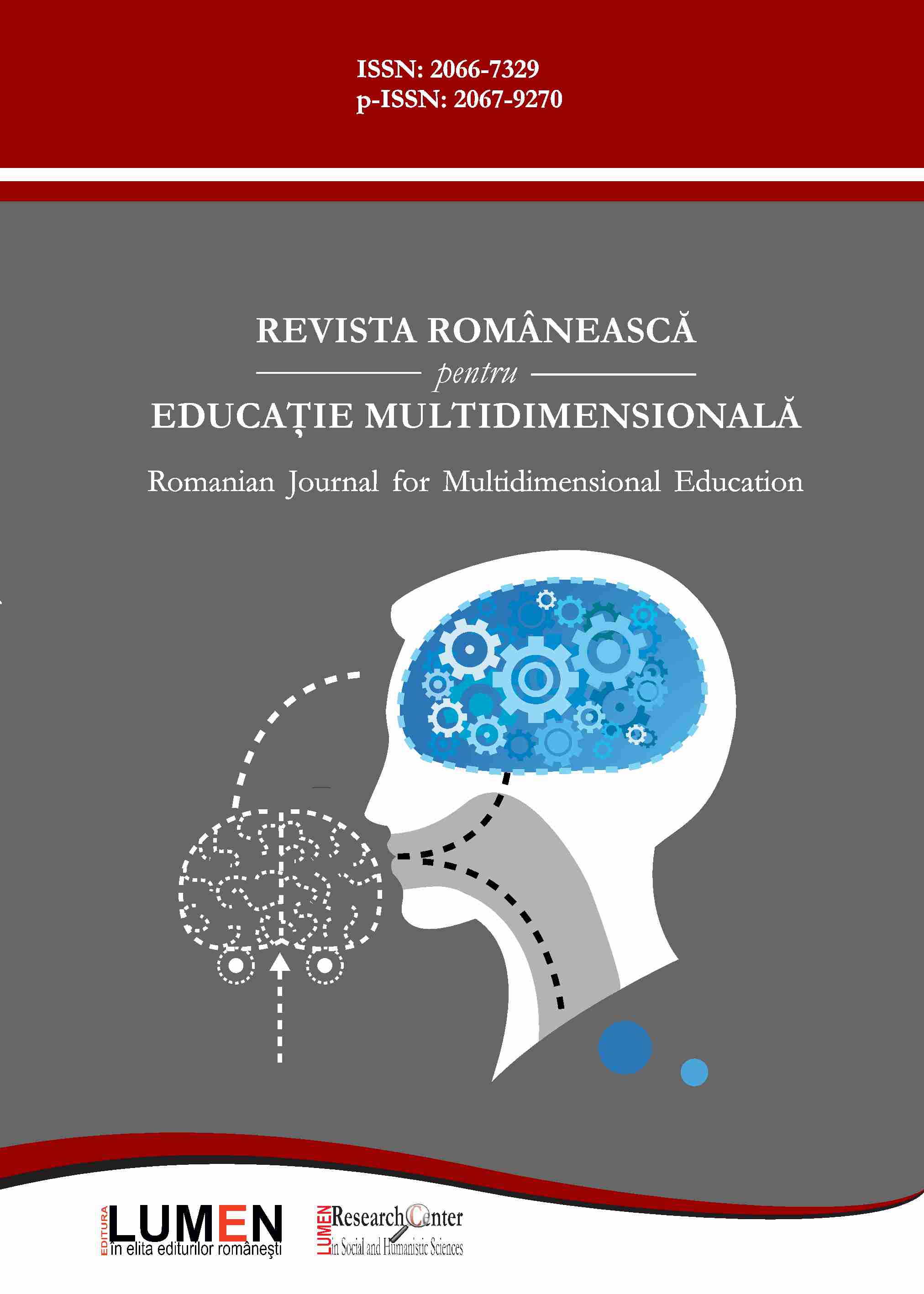The Problems of Professional Training of Future Social Workers for Research Activities
The Problems of Professional Training of Future Social Workers for Research Activities
Author(s): Oksana Povidaichyk, Iryna Demchenko, Iryna Savelchuk, Yevhen Plisko, Daria Bybyk, Inna KovalenkoSubject(s): Social Sciences, Education, Higher Education , Welfare services
Published by: Editura Lumen, Asociatia Lumen
Keywords: Current level of readiness; forms of independent work; research-oriented disciplines; areas of training; Ukrainian experience; classroom and extracurricular scientific activities;
Summary/Abstract: This theoretical article analyzes the positive and negative aspects of research activities of future social workers during their professional training in Ukraine. The purpose of the article is to determine and quantify the subjective level of readiness of students for research work and against the background of generalizations of foreign experience to outline the range of methodological and organizational problems of research training of future social workers in Ukraine. We chose practical methods (sociological survey of a random demonstrative sample of students, teachers and social workers) and theoretical (thematic, structural, problem, critical types of analysis, generalization and comparison). The article proves: a) Ukrainian students show low readiness for research work, but a positive attitude to participate in it in terms of improving methodological, organizational and motivational conditions; b) global trends in the research activities of social workers are focused on current practice, constant exchange of interinstitutional experience, use multimodal methods of data collection and analysis (in microgroups, social networks, the use of big data), etc.; c) the main shortcomings of such work in Ukraine are excessive theoreticality, insufficient methodological training, attachment to specific disciplines, insufficient stimulation of students; d) among positive sides there is a gradual introduction of alternative forms of scientific work and scientific and practical activities outside the educational institution. The results of the study may be of interest to reformers of social worker training in the educational institutions of the developing countries; specialists in typological and comparative study of humanities education in different countries and their socio-economic regions.
Journal: Revista Românească pentru Educaţie Multidimensională
- Issue Year: 14/2022
- Issue No: 4
- Page Range: 94-120
- Page Count: 27
- Language: English

